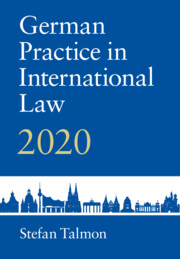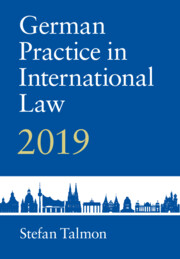This study examines the types of interactional
trouble that arise from narrative variation in institutional
interviews. Specifically, we examine protective order interviews
in which Latina women tell of domestic violence to paralegal
interviewers charged with the duty of helping them obtain a
protective order. Victims' narratives are shown to take
different shapes, and paralegals respond to them in different
pragmalinguistic ways, depending on how they diverge from
institutional needs. The factors found most heavily to influence
narrative outcomes are contextual ones, related to participant
social roles, the type of communicative activity interlocutors
perceive themselves to be engaged in, and their interactional goals.
An additional finding is that when expectations of what constitutes
appropriate speech behavior differ, the interlocutor holding greater
institutional power will try to constrain the speech of the other,
despite the fact that both appear to share an extralinguistic goal,
in this case obtaining a protective order.

